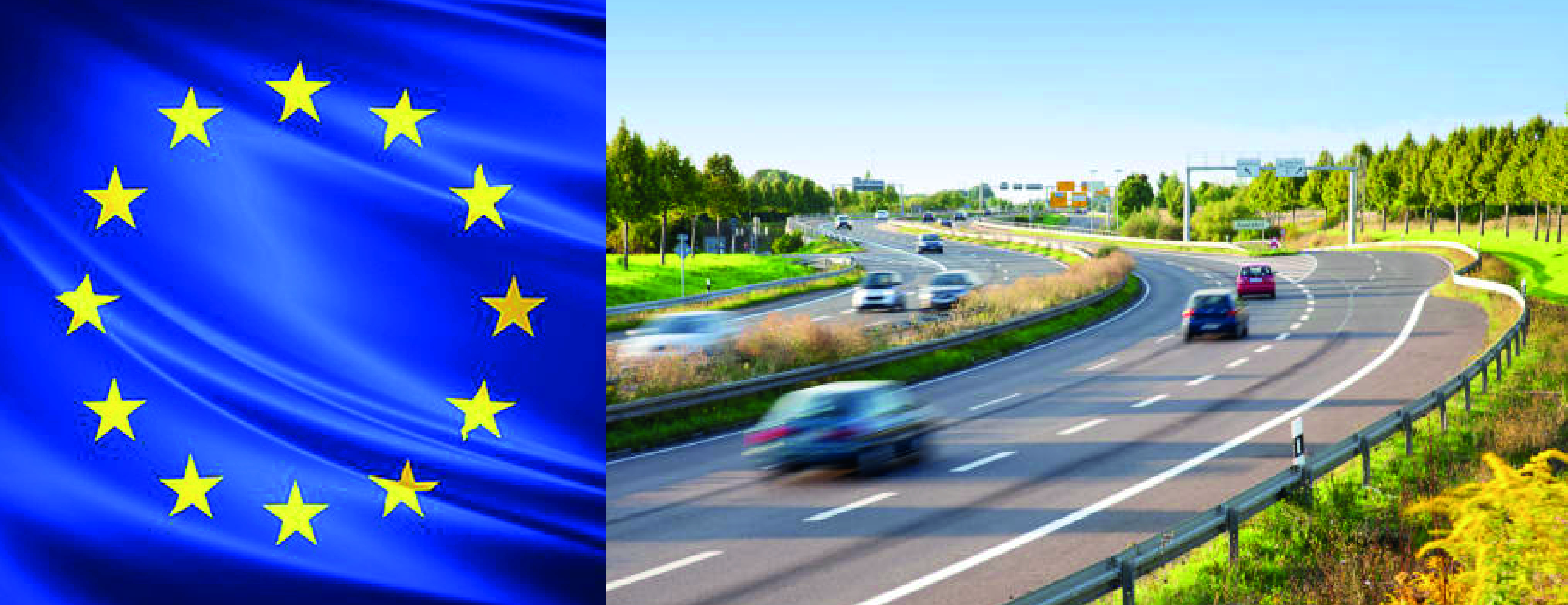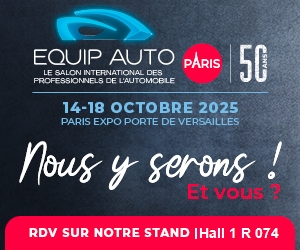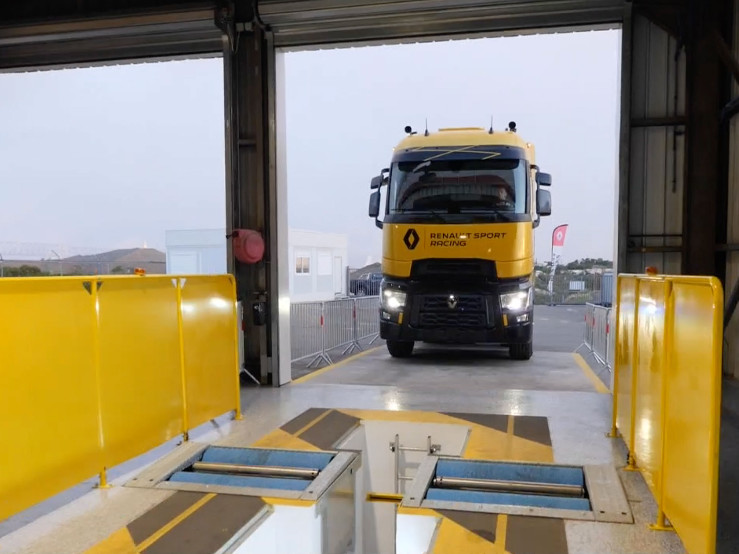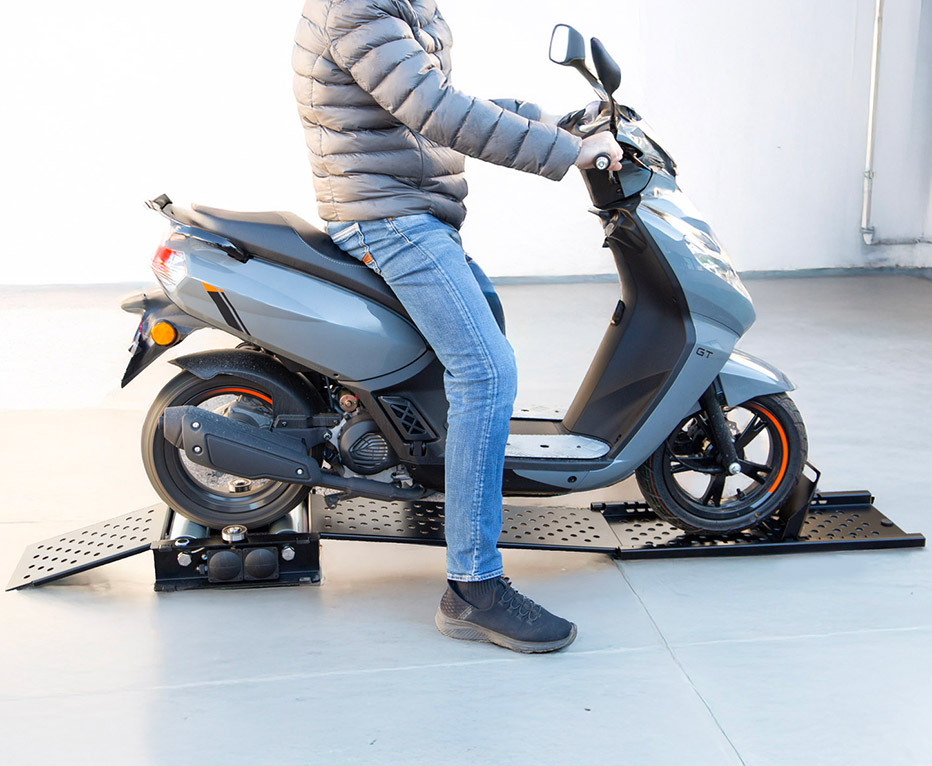Draft revision of the EU Roadworthiness Directive
What changes does the draft revision entail ?

The European Commission suggested a draft revision of the Roadworthiness Directive. The aim is to adapt the regulations to technological and environmental developments and to improve harmonisation between Member States. One of the main points of this text is the extension of mandatory PTI testing to two- and three-wheeled motor vehicles.
Inspection frequency
The text introduces a new PTI deadlines organization for certain types of vehicles:
- • Private cars (M1) and light commercial vehicles (N1) :
First inspection after 4 years, then every 2 years up to 10 years, then every year thereafter. - • Cabs, ambulances, buses, trucks, heavy trailers (M2, M3, N2, N3, O3, O4) :
Annual inspection from the first year. - • Powerful bikes (L3e–L7e) :
The frequency will be determined by each Member State, but from now on they will be subject to an inspection obligation.
Please note: the current text does not provide for annualization for light commercial vehicles (LCVs).
Adaptation to recent vehicles
The project provides for specific adaptations for recent vehicles, in particular :
- • Inspection of electric vehicles.
- • Checking electronic safety systems.
- • Software integrity inspection to prevent illicit modifications to safety or emissions-related systems.
Reinforced environmental controls
Pollution control is at the heart of this revision. Periodical technical inspections will have to include :
- • Detection of vehicles with abnormal emissions or tampering.
- • Analysis of ultra-fine particles and NOx (nitrogen oxides).
- • The use of advanced methods to verify emissions.
Data and digital
The European Commission will define a list of technical data to be supplied for inspections, and their standardized format. This will ensure uniform application in all member states.
PTI certificates will be digitized and integrated into the European digital identity portfolio, with the option of obtaining a certified paper version by QR code.
The process will be simplified, with roadworthiness testing possible in another EU country, with a 6-month temporary certificate, and mutual recognition of valid certificates, including for re-registration or second-hand sale in another member state.
Transparent mileage
To combat odometer fraud more effectively :
- • States will have to regularly record mileage data in a national register.
- • Manufacturers will have to transmit data from connected vehicles every three months.
- • Buyers of used vehicles will have access to their mileage history.
This project is not yet in force. It will have to be examined by the European Parliament and the EU Council. Adjustments may still be made before final adoption.
This reform is part of a drive to modernize and standardize roadworthiness testing on a European scale, while integrating the challenges of safety, transparency and the ecological transition.









